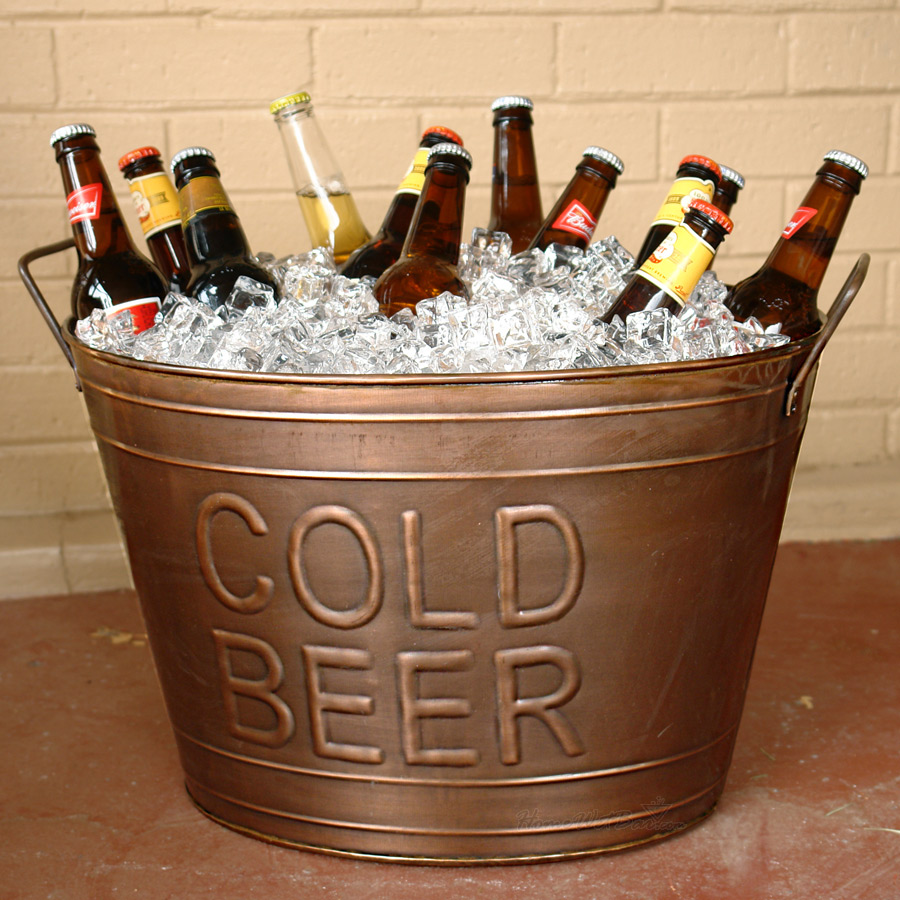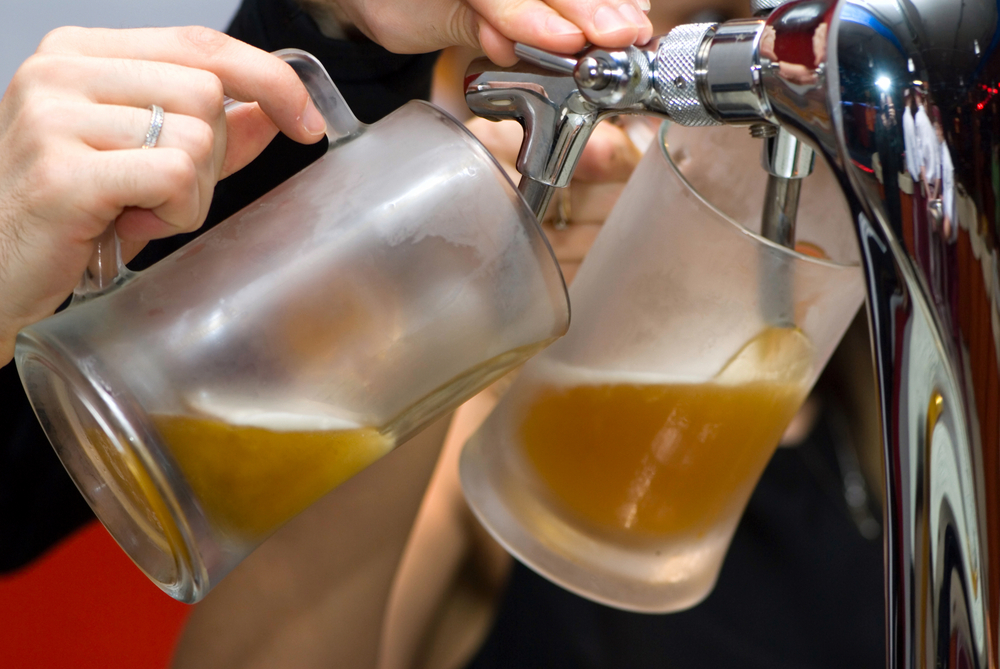4 Booze Myths Demythstified

I’ve been dealing quite a bit with the public lately in regards to booze, and it surprises me how much the incorrect myths regarding beverages become entrenched in the minds of people. I wanted to set the record straight on a few things to better educate the readers who enjoy a tasty glass of EtOH (that’s the common chemical abbreviation for ethanol).
Myth #1 – The Sulfite-Free Wine
The first myth that needs dispelling is sulfites in wine. There is no such thing as sulfite free wine. All fermented beverages will have at least some amount of trace sulfites as they’re a natural byproduct of yeast metabolizing sulfur containing amino acids and other sulfur compounds. In fact, organic wines are allowed to have up to 100 parts per million in total sulfite concentration. Understand that the government requires all wines with more than 10 ppm to use the label “contains sulfites.” Most wines that have added sulfites will top out near 100 ppm at most, as winemakers are quite conservative with its addition.
Wines aren’t really that significant in sulfite level compared with other foods either. To put it in perspective, a 4 oz glass of wine will maybe have 40 total milligrams of sulfite, a standard green salad about 160 milligrams, and three ounces of dried apricots about 175 milligrams.
Myth #2 – Sulfites Are the Cause of Wine Headaches
Most people complain about the sulfites because they believe it’s the cause of wine headaches. Again, this is myth. Do those three ounces of dried apricots with over four times the sulfite of a glass of wine give you headaches? It’s not the sulfites.
The headaches are believed to be the result of what’s called biogenic amines. Those are the nitrogen byproducts of a bacterial process that occurs in virtually all red wines, but is often stopped in many white wines. There are a small few out there truly sensitive to sulfites. It’s mostly asthmatics, and even then it’s hit or miss.
The bottom line is that winemakers have been using sulfites for centuries. If it were that bad for you, the practice would have stopped a long time ago. And quite honestly, sulfites are used for good reason. Most of the “sulfite free” wines could benefit from a small amount as they tend to suck in the quality department.
Myth #3 – Skunky Beer Is Caused by Allowing Beer to Get Warm
The other myth to tackle right now is what causes the skunky flavor in beer. Three things are the enemy of beer flavor: age, heat, and light. Of the three, it’s the light that causes the skunky character. The compounds extracted from hops for bittering balance to beer’s sweetness are very light sensitive. Chemically, they have a bond that breaks apart when exposed to broad spectrum light. One of the compounds that results from that reaction is called MBT, and it’s the same stinky molecule found in skunk spray. The reaction only takes about 30 minutes to an hour of light exposure at most before you sense the flavor.
The best way to prevent this from occurring is to package beer in non-light reactive containers such as draught kegs, cans, or brown glass bottles. Green or clear glass does not deflect the light energy and allows the skunky reaction to occur (why do you think certain unnamed beers packaged in clear glass created the gimmick of adding a lime wedge?). The only other option is to use modified hop extracts that have reduced the hop compound so it is no longer reactive to light (which another unnamed brewer also does).
Myth #4 – More Doesn’t Necessarily Mean Better When It Comes to Vodka Distillation
The last item I’ll touch on quickly is the number of times vodka gets distilled. More doesn’t mean better. If the vodka was distilled fourteen times to get the flavor just right, it means the guy working the still doesn’t know what he’s doing since it really only takes three runs and a knowledge of making cuts on a pot still to get sufficient quantities of vodka strength alcohol. A fourth or fifth run can allow for better cuts, but after that, it’s all lack of know how.
So, make sure you get your booze information from a reputable source, because just like congressmen talking about fiscal responsibility, or men about giving birth, some people don’t always understand the topic. Sulfites don’t give you headaches, allowing cold beer to warm up then get cold again doesn’t make it skunky, and you do not get straight A’s if your college roommate dies.
Always have a designated driver.




